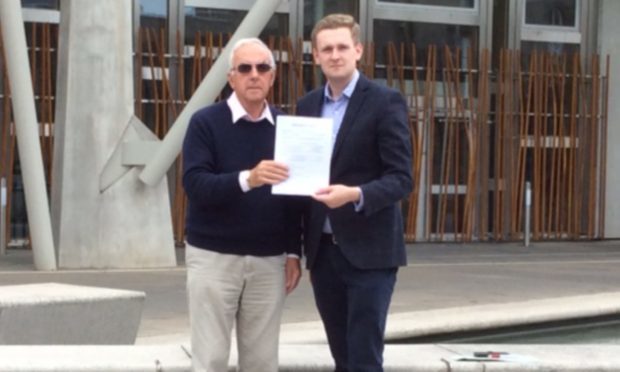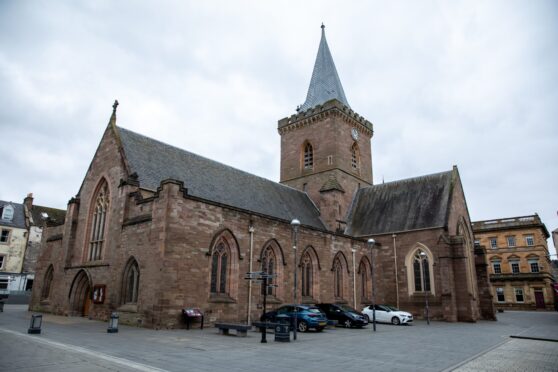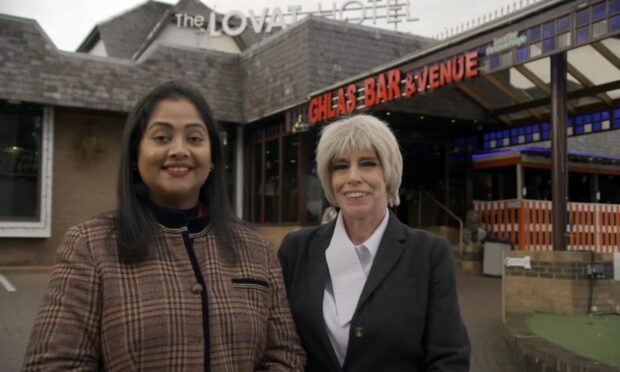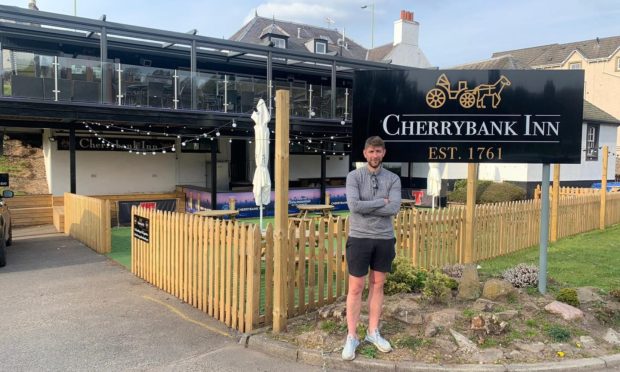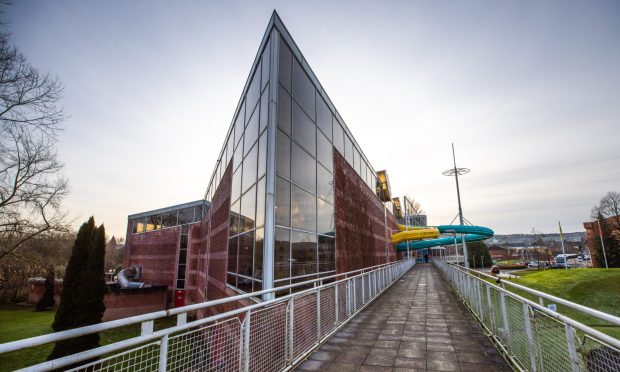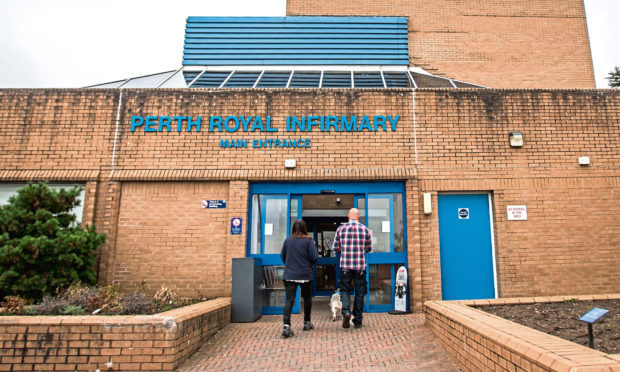A tiny Kinross-shire community will attempt to make Scottish legal history for a second time to protect itself from industrialisation.
Blairingone fought for years to persuade the government to introduce tighter controls on the spreading of sewage sludge and industrial waste on fields.
Now residents are considering gearing up for new campaign that would see them seek to change planning laws and secure greater protections for rural communities.
The move has been prompted by the rejection of a 114-signature petition, submitted to the parliamentary petitions committee, which called for help to prevent development in the area.
The committee concluded the issue was not of “national importance” but locals hope to change that by raising wider issues that affect rural communities across the country.
Mid Scotland Fife Conservative MSP Alexander Stewart has said he will raise the issue in the chamber at Holyrood.
Mr Stewart said: “I very much sympathise with the plight of the residents of Blairingone.
“Time and again, local people have been made promises that have not always been kept.
“Plans for a new distribution centre that would see heavy-goods vehicles going to and from the site daily are the last thing that this small community needs after it has already had to deal with toxic waste, opencast mining and noisy wood chipping.
“In order for the public to have faith in the planning process, it is absolutely essential that developers adhere to decisions and conditions.
“When this does not happen, local authorities must explore all options available to them and take the necessary steps to ensure compliance.
“Soon, I intend to lodge a parliamentary motion on the issue to raise its profile in the Scottish Parliament once again and to highlight the concerns of the local community on a national platform.
“This saga has gone on for far too long and it is high time that the residents of Blairingone were given some peace.”
Blairingone was once primarily known for the open cast coal mine operated by Scottish Coal.
Its owners had offered assurances that once the rich seam of coal had been extracted the land would be returned to agriculture and local amenity use, but while the mine closed in the mid-1990s the pledges were never fulfilled.
Since then they have battled against the establishment of a wood-chipping plant, a biomass plant and other industrial uses.
The latest plan would see a storage and distribution centre created at Lambhill, bringing with it regular daily movements from heavy goods vehicles.
Campaigner John Anderson, who delivered the petition alongside Conservative councillor Callum Purves, said the community was considering a number of options.
“We join the plight of Blairingone onto a change of planning enforcement law, with regard to stiffer penalties for habitual abusers, or we could submit a completely new petition highlighting the plight of communities left with the debris of open cast mining, where despite grandiose restoration plans, sites are left in disarray because of insufficient funding.
“There are many such sites in Scotland.”
Mr Anderson said the community hoped to have the issue debated in parliament and would continue to work with local councillors and Perth and Kinross Council.
“The community is hoping to move forward on all these fronts to secure environmental justice for Blairingone,” he said.
Mr Purves said: “I was very disappointed to learn that the Blairingone residents’ petition to Scottish Parliament was rejected by the petitions committee.
“I completely understand the frustration of local residents for whom this is yet another setback.”
Mr Purves said all four local councillors had requested a meeting with Perth and Kinross Council officers to secure an update on current planning issues.
